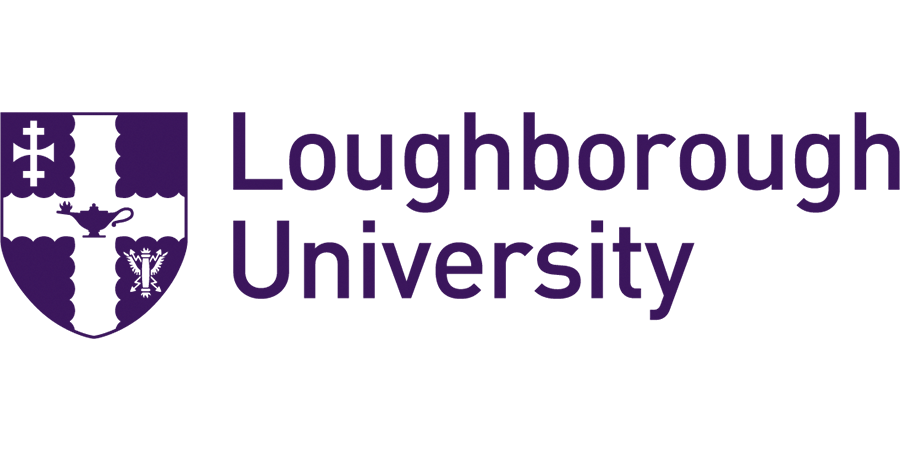Research Associate in Bio-engineering
Loughborough University - Department of Chemistry
| Location: | Loughborough University, Loughborough, Hybrid |
|---|---|
| Salary: | £35,116 per annum. Subject to annual pay award. |
| Hours: | Full Time |
| Contract Type: | Fixed-Term/Contract |
| Placed On: | 30th May 2025 |
|---|---|
| Closes: | 3rd August 2025 |
| Job Ref: | REQ250438 |
Full-Time and Fixed Term for 2 years
This project forms part of the UK Multidisciplinary Centre for Neuromorphic Computing, a national EPSRC-funded initiative bringing together world-leading expertise in AI, neuroscience, photonics, materials science and bioengineering. The Loughborough University team focuses on developing human stem cell-derived neural networks and engineering microfabricated platforms to support and interrogate these networks in vitro.
The project will create advanced bioengineered neural systems by differentiating human induced pluripotent stem cells (hiPSCs) into neurons and integrating them within custom-designed microdevices. These platforms will allow precise spatial arrangement and functional assessment of living neural networks using electrophysiological and optogenetic techniques. The work will directly contribute to the Centre’s overarching goal of developing neuromorphic computing systems inspired by the architecture and dynamics of biological brains.
Researchers will also work closely with collaborators in neuromorphic engineering, computational neuroscience and advanced fabrication to support the development of next-generation hybrid bio-digital platforms.
This post is based within the Department of Chemistry, School of Science at Loughborough University, working with Professor Paul Roach and Dr Eric Hill in collaboration with the wider UK Centre for Neuromorphic Computing, led by Aston University. As such, the successful applicant will need to be proactive to work in response to many other elements within the overall project. The ideal candidate will be enthusiastic about multidisciplinary collaboration and have a proactive approach to working within a dynamic research environment.
Expertise in microfabrication, lithography, 3D printing, or other relevant microengineering techniques would be highly advantageous. The post holder will lead the design and fabrication of culture platforms and the optimisation of protocols for generating functional hiPSC-derived neuronal networks. Training will be provided where appropriate on specialist instrumentation and for specific methodologies.
For more information on the role please refer to the Job Description and Person Specification.
For informal enquiries, please contact Professor Paul Roach or Dr Eric Hill by email at p.roach@lboro.ac.uk or e.j.hill@lboro.ac.uk
Application closing date: 3 Aug 2025
Advert information
Type / Role:
Subject Area(s):
Location(s):









